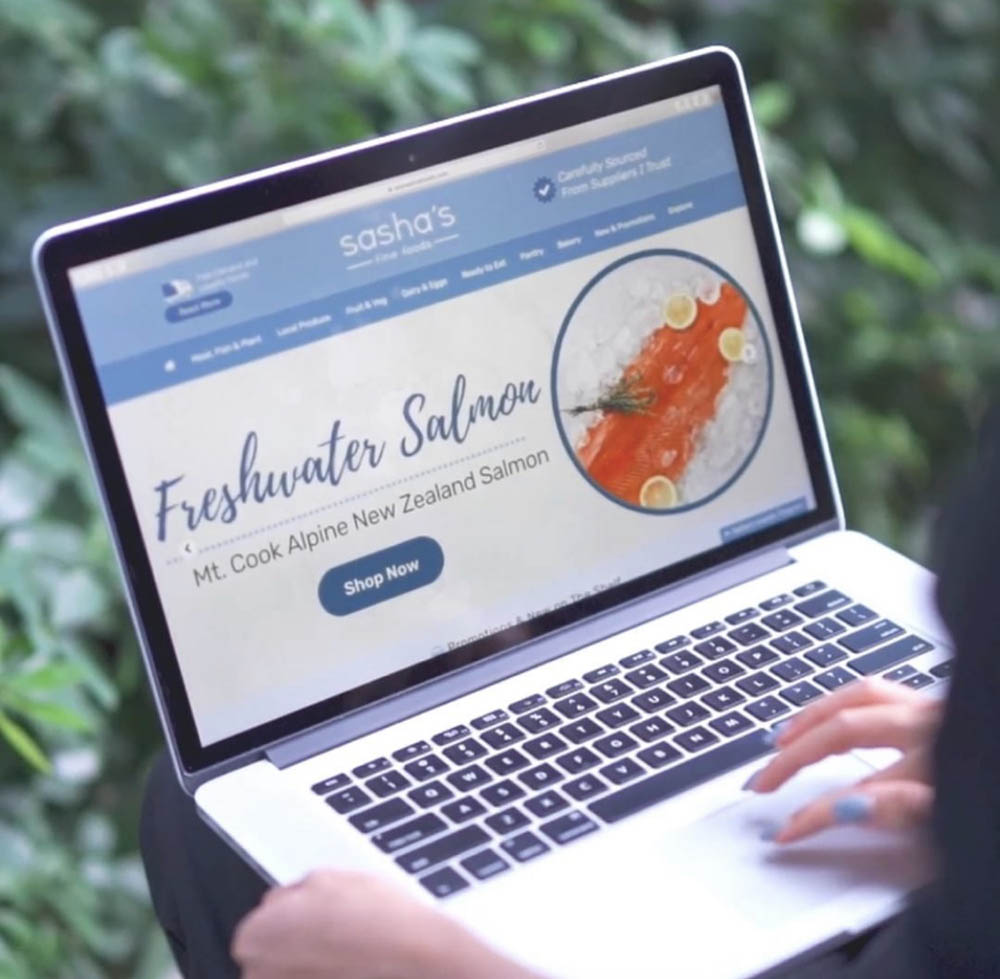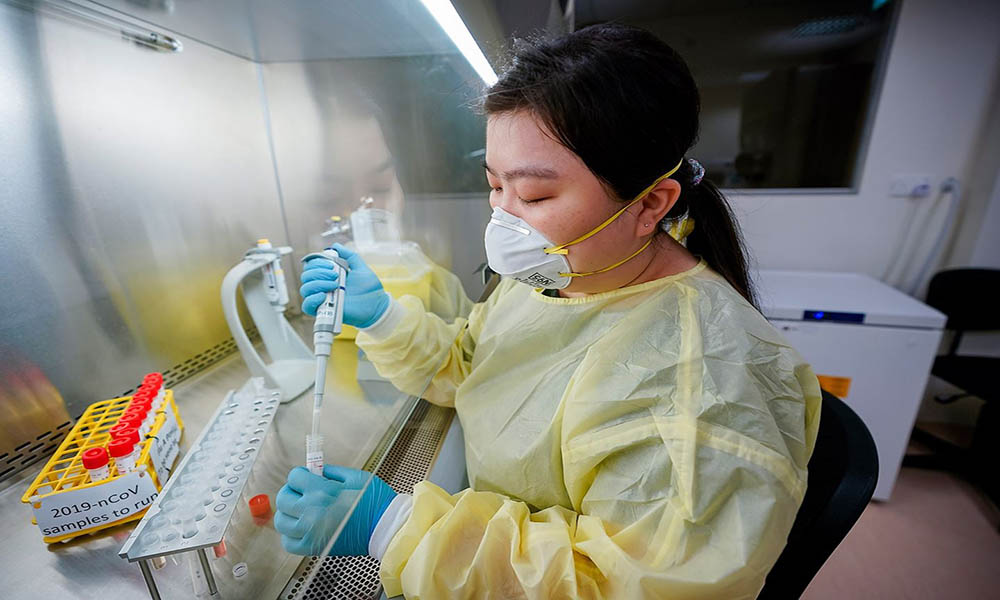By Won Xue Li
Singaporeans Sherie Ling and Marcus Wong are the founders of Ayomo, a Melbourne-based company that delivers fresh cold-pressed juices to customer’s doorsteps. Both of them graduated from Australian universities, and have lived in Melbourne since their university days.
Recently, we sat down with them for a chat about their business, their life overseas and the cultural differences between Singapore and Australia.
Sherie graduated from Deakin University with a Bachelor in Food Sciences & Nutrition, while Marcus graduated from RMIT University with a Bachelor in Business Management. They started Ayomo in 2013 as a retail outlet selling frozen yoghurt, but as the market demands changed they shifted their focus to the wholesale and manufacturing of cold-pressed juices.
Having lived in Australia for almost 10 years, Sherie and Marcus have a wealth of experience to share as Singaporeans living overseas. “We were a lot more independent in Melbourne but we are so pampered in Singapore,” says Sherie. “In Singapore, we can get errands done so quickly; everything is so nearby, you can just get a $3 dinner in the kopitiam. But in Melbourne, not everything can be found so easily.”
In fact, Australians face the same problems that we face in Singapore, although we respond to them differently. “Over [in Melbourne], the trains can get delayed for 30 minutes to 1 hour, and they can cancel the train service at anytime. If it’s a hot day and the train tracks expand too much, sorry – there are no trains for the day. But Australians just put up with it, you know,” Marcus quips.
Living overseas also forced them to grow up fast, as they had to learn to be independent. Because they could not get meals outside all the time, they had to learn to cook. “Men start to enjoy cooking here,” Marcus adds.
Sherie also recalled some events that reminded her of the cultural differences between Singaporeans and Australians. “Australians are naturally very kind and tolerant people. Once, my baby boy was crying really loudly in this restaurant, which was quite high-class. So of course, I felt very paiseh, and I brought my baby out,” recounts Sherie.
“But someone actually came out and said to me, ‘Hey, it’s alright, we can take it.’ And I was really shocked, I don’t know if that would happen in Singapore!”
But that is not to say that Singaporeans are not compassionate. “Singaporeans are kind, but mostly in their individual capacity. We don’t think about others that often, and we think about ourselves more. It’s just that the environment hasn’t been created,” Marcus says.
“Once, we saw people rushing into a lift although a mother with a pram was waiting and she didn’t manage to get in. In Paragon, we also saw a mother wheeling a baby up on an escalator which was so dangerous! That was very heartbreaking.”
However, they are very positive that the situation will change in Singapore. “Once we are more travelled and learn the values of other cultures, I’m certain the environment will change. In fact, I think we are already changing.”
When asked if they would come back to give to Singaporean society, they answered with a definitive yes. “I’d really like to help mentor entrepreneurs here in Singapore, in a more intimate way,” says Marcus. “Perhaps a roundtable discussion on a Sunday afternoon over a cup of coffee, asking, ‘Hey, how’s your progress?’ It will be more of a question-and-answer thing, rather than me telling them what to do.”
Sherie concurs, “We didn’t have anyone to hold our hands along the way and tell us to watch out for pitfalls. I wish I had that.”
Although Sherie and Marcus appreciate their lives in Melbourne, to them Singapore is still home. “No matter what, Singapore is the place we grew up in, where our families and memories are. Melbourne is where we work, that’s how I see it,” said Marcus. Regardless of where they are, Singapore still holds a special place in their hearts.
OVERSEAS SINGAPOREANS: THE FACTS AND FIGURES
 The number of Singaporeans living overseas has been increasing steadily over the past few years. As of 2016, about 213,400 Singaporeans (6.1 percent of the total population) are estimated to be living abroad, according to the National Population and Talent Division. Like Sherie and Marcus, most overseas Singaporeans choose to settle in Australia. Sherie and Marcus attribute it to the freedom, the large green spaces and the slower pace of life. Other common destinations include the US, London and China.
The number of Singaporeans living overseas has been increasing steadily over the past few years. As of 2016, about 213,400 Singaporeans (6.1 percent of the total population) are estimated to be living abroad, according to the National Population and Talent Division. Like Sherie and Marcus, most overseas Singaporeans choose to settle in Australia. Sherie and Marcus attribute it to the freedom, the large green spaces and the slower pace of life. Other common destinations include the US, London and China.
According to a 2016 study by Robert Walters, a specialist professional recruitment consultancy in Singapore, the top three reasons that discourage Singaporeans from moving back are: poorer work-life balance, being unable to assimilate back into local culture and the poorer infrastructure and transport system.
Despite the high number of Singaporeans living overseas, the vast majority expressed an interest in returning to Singapore for work or living. Robert Walters found that 82 percent of Singaporeans staying abroad were thinking of moving back home.
About 83 percent of Singaporeans living abroad cited that a salary increment would incentivize them to return home, with 35 percent expecting a 20 percent increase. Local companies can expect to hire more returning Singaporeans as they work with Robert Walters, which launched the award winning Balik Kampung (Malay for “return home”) initiative in 2014, to attract overseas Singaporeans who are looking to come home.
















